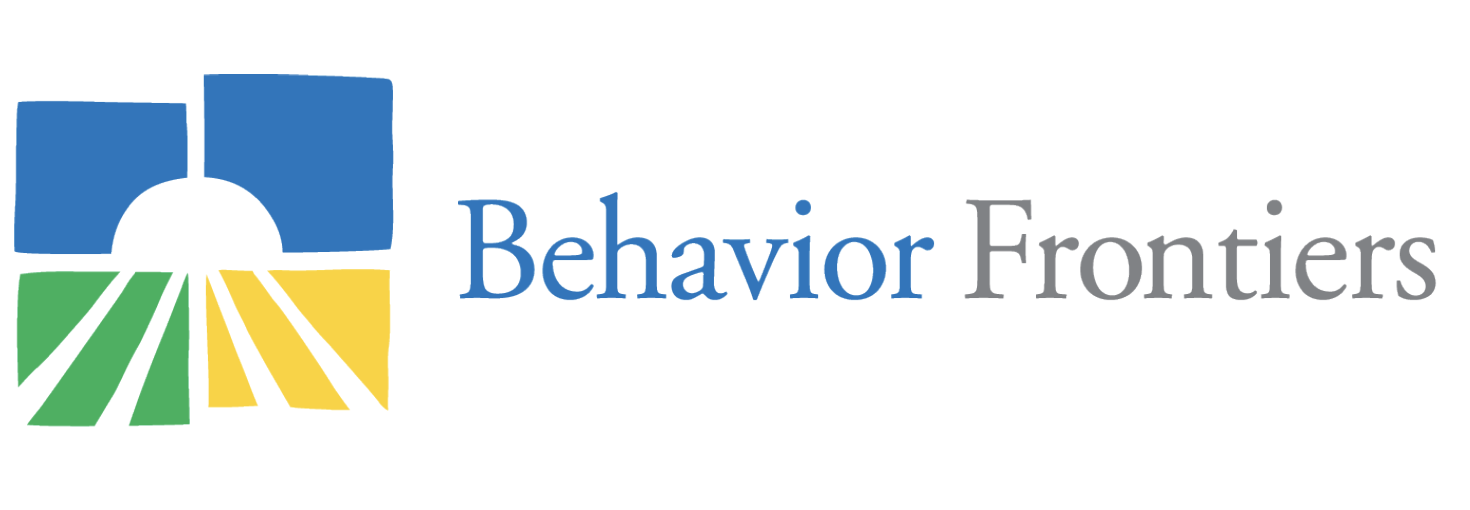5 Things You Should Know About Home Visits/Therapy
One of the many benefits of home services is that we come to YOU! Sessions are scheduled at your home in your child’s natural setting. How does this all work? Here’s a list of 5 helpful points to know about home services:
Your team will work with you to determine the best location(s) within your home to have therapy. We may recommend a certain setup for the therapy (e.g., a room or area with the least amount of distractors) and your team will work with you on what a typical session flow would look like (this may include a mixture of structured table time, play time, helping with daily routines, etc.). Sessions also include play time! The goals that your team will work on may be targeted through play, in a more natural setting.
Your child’s behavior intervention plan and goals are individualized and tailored to your child’s specific needs! Your management team will utilize standardized assessment data, direct observations across settings (e.g., home, school, community, and therapy sessions with other service providers), Behavior Frontiers’ curriculum, and your feedback to create your child’s treatment plan. Your input is extremely valuable, and we want to help create goals that can best assist you outside of sessions and match your long-term goals.
Your case manager/supervisor is your go-to person for any clinical questions. They will not only schedule face-to-face visits throughout the month, but they will also check in and be available to help answer questions in between home visits. During home visits, your management team will review and assess the data on your child’s goals, they may recommend updates/modifications on goals, and they will provide ongoing training for you and the behavior technicians.
Your child will have a monthly team meeting. This is a collaborative meeting with the behavior technicians and your case manager/supervisor. The team will review strengths and areas of concern within the current treatment plan. Your management team will make recommendations for your child’s goals and they may also model different goals and interventions. This meeting is a great opportunity to check in and gather feedback on your child’s goals with all team members present!
Caregiver training is an essential component to our treatment plans. We have many resources for you that we can provide during the assessment process and throughout treatment. Your clinical team will work with you on your caregiver training goals and work on generalizing program goals with you as well to ensure that your child can do things in session out of session with their family members as well. We emphasize caregiver training and want to make sure the goals we are working on are being generalized outside of session, with different people, and in different settings!
Stacy Iwamoto, M.A., BCBA
Clinical Director, South Bay Los Angeles, CA
Tuesday, February 4, 2020

